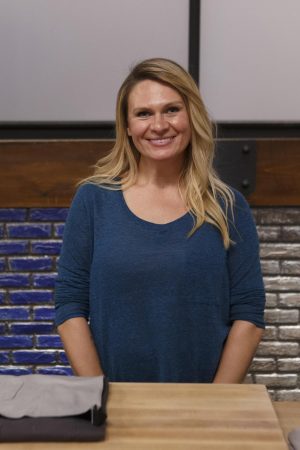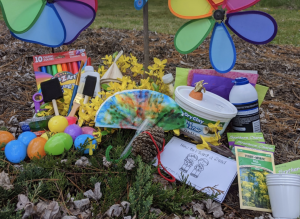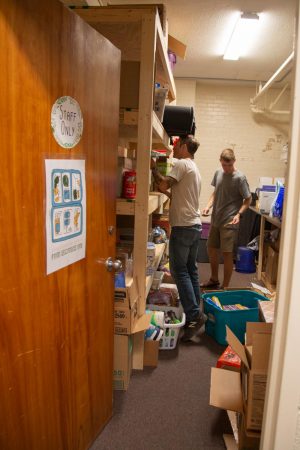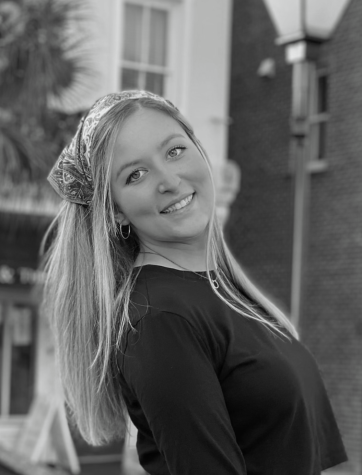Alumna co-authors New York Times op-ed on gun violence
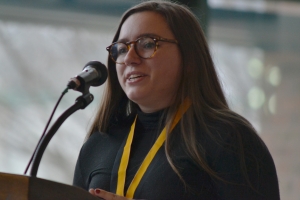
Courtesy of App State’s Honor’s College
Maddie Armstrong, an App State alumna, now attends the University of Arizona. She is the author of a gun violence op-ed in the New York Times after studying mass shootings.
April 21, 2021
An App State alumna went into graduate school expecting to focus primarily on the incarceration of queer and transgender people. Today, she is the author of a gun violence op-ed in the New York Times.
Madison Armstrong, a 2017 honors graduate, now attends the University of Arizona as a third-year graduate student. Armstrong and her adviser, Jennifer Carlson, have studied gun trauma together for about three years.
The pair recently co-authored an article in the New York Times titled “We’ve Spent Over a Decade Researching Guns in America. This Is What We Learned.” The piece focuses on an understanding of gun violence by approaching the trauma it inflicts.
Armstrong’s passion for the study stemmed from gun violence worries in her personal life. Her primary area of study is mass shootings.
“Mostly it was just concern about not just my siblings, but anybody who is growing up right now in the U.S. afraid to go to school and afraid to learn because of the possibility of facing violence at school,” Armstrong said.
While at App State, Armstrong majored in political science and minored in sociology. Her honors thesis mentor, Ellen Lamont, directed Armstrong toward her stronger interest in sociology rather than political science.
“Madie understood that arguments are to be evaluated on the basis of data. She never seemed to simply accept or reject an argument out of hand, but rather carefully thought through the logic,” Lamont said. “This meant that sometimes she disagreed with me, but she always provided a thoughtful rationale, which made for great discussion.”
Lamont, along with Michael Dale, a second reader on Armstrong’s thesis, presented the idea of graduate school to her as a first-generation college student.
“It was about the mentorship that I had (with) Dr. Lamont and then Michael Dale,” Armstrong said. “I had no concept of what grad school was, what it meant to get a Ph.D. I wouldn’t be in graduate school without the two of them.”
Attending graduate school at UA took a strong application and tricky personal statement, as Lamont explained, but once admitted Armstrong began working with Carlson.
Carlson began her focus on gun rights after writing her dissertation based around the culture of concealed carry in the United States, which eventually became her first book.
“I have always been very interested in studying from a sociological perspective, conservative politics, crime, punishment, those sort of things,” Carlson said. “I realized that no sociologist had studied pro-gun politics and specifically concealed carry.”
Carlson and Armstrong explained that this article and study is part of a multiyear study on trauma, gun politics and gun violence. They expect to write a book and plan to focus their next project on gun violence survivors.
“I want to thank Appalachian for preparing Madie, she has really been a dream graduate student to work with,” Carlson said. “It’s really awesome to have students who are so excited, so prepared, so passionate.”

